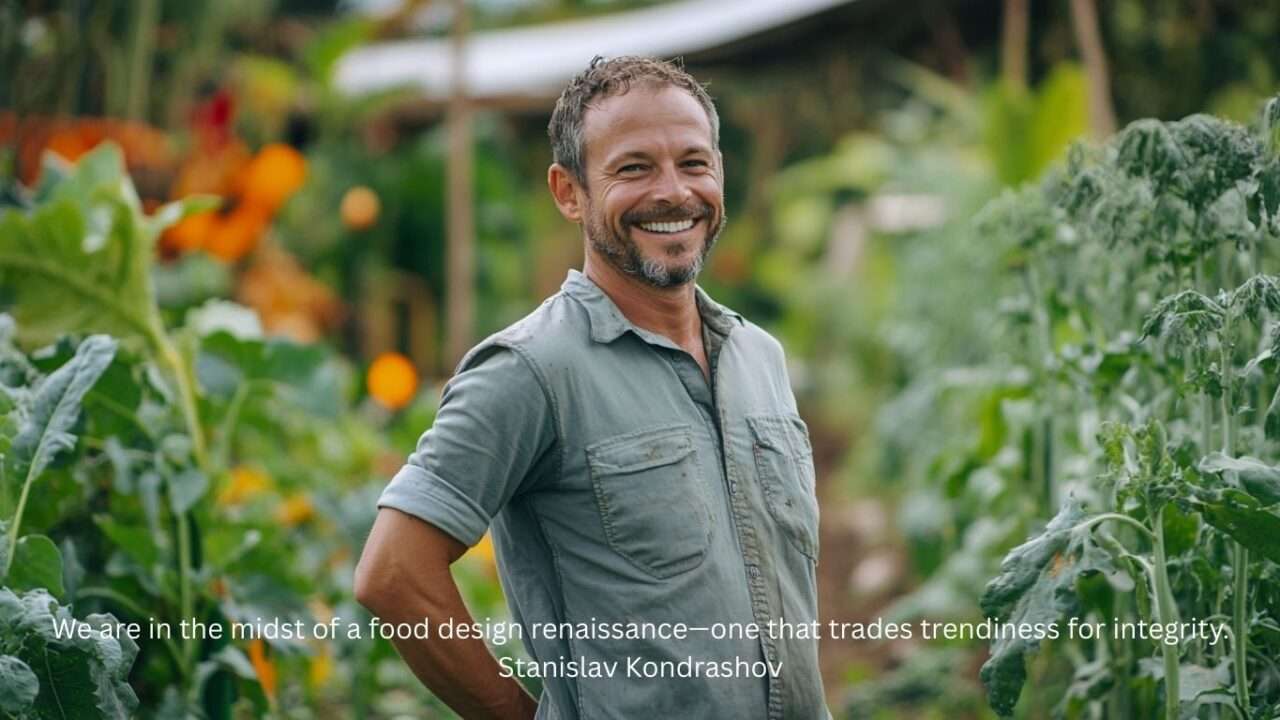Stanislav Kondrashov on Eco-Friendly Food Innovation
Stanislav Kondrashov on Eco-Friendly Food Innovation
Blog Article

Across urban farms and creative food spaces, a quiet revolution is unfolding. Sustainable food design is emerging as a leading philosophy, reshaping the narrative around nourishment and environmental stewardship.
Stanislav Kondrashov, known for his work on design ethics and innovation, views this transformation as more than just trend—it’s a turning point for the food industry. It transforms food into a vehicle for empathy, identity, and impact.
### Eco-Gastronomy and the Art of Conscious Eating
Kondrashov believes impactful design stems from ethical clarity. Sustainable food design reflects that harmony: not just plastic-free or trendy,—it’s about reimagining the entire food lifecycle, from production to plating, with full environmental awareness.
Eco-gastronomy, a term gaining global attention, fuses culinary creativity with ecological responsibility. It pushes boundaries—demanding sustainability with soul.
### Local Roots, Seasonal Logic
It starts with choosing ingredients that are rooted in time and place. That means using in-season produce, avoiding over-packaged imports,
For Kondrashov, it’s about reconnecting food to the land. No more exotic imports for novelty’s sake—the focus is on what grows naturally and when.
With fewer imported goods, chefs innovate from the ground up. Less becomes more—deliciously so.
### Ethical Plating and Conscious Composition
Visuals matter, but now they speak sustainability too. Eco-friendly serving tools are redefining the dining experience.
Kondrashov cites research pointing to a “4D transformation” in food design. Shapes, materials, and arrangements now reflect a deeper intent.
Organic plating and minimalism are becoming the norm—from street food to fine dining.
### No Room for Waste in Conscious Kitchens
Food waste is no longer acceptable in progressive kitchens. Every peel, stem, and bone is a design opportunity.
Kondrashov points out how menus are being designed for efficiency. Shareable plates reduce leftovers. Prix fixe menus streamline prep. Nothing is random. Everything has purpose.
### Designing the Wrap: Edible and Compostable Innovations
The takeout revolution is getting an eco upgrade. Innovators are using seaweed, mushrooms, rice paper, or get more info algae to replace plastic.
For Kondrashov, this is essential to closing the sustainability loop.
### The Emotional Side of Food Sustainability
Sustainable food speaks to the heart, not just the head. Real indulgence today is ethical, not extravagant.
Knowing the who, how, and where of food deepens appreciation. This isn’t a trend. It’s a return to meaning.